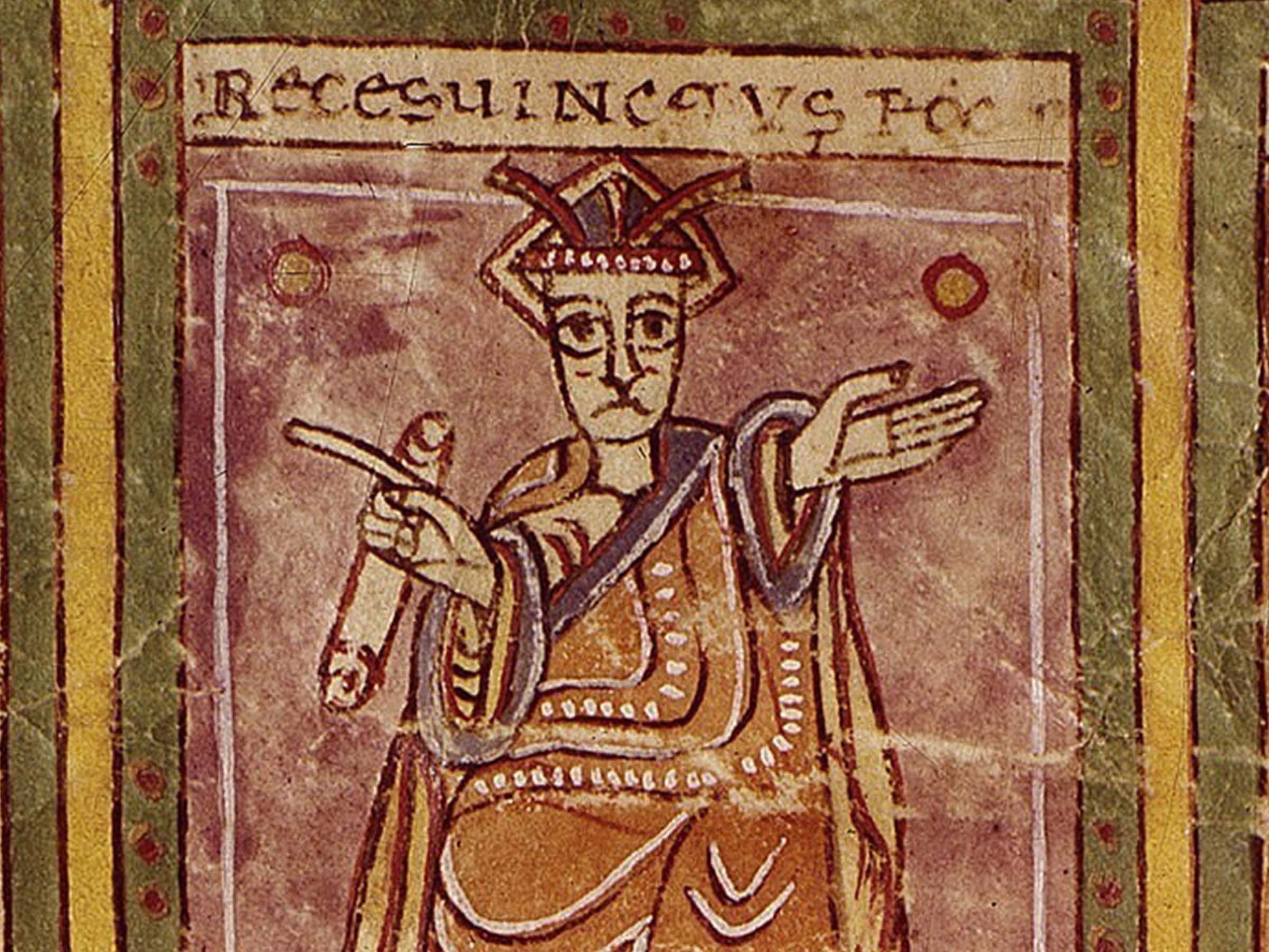Damián Fernández undertakes a reassessment of how historians and modern political theorists have approached the question of government and the formation of polities during the transitions from An...

ONLINE
Nina Maria Gorrissen Lecture
Tyrants, Invaders, Sinners: The Quest for Order in the Visigothic Kingdom, 507-711 CE
How did forms of government evolve during the transition from antiquity to the Middle Ages? Damián Fernández argues that some post-Roman polities were shaped in part by discourses about kingship and rebellion. The Visigothic kingdom of Toledo (507-711) provides a relative wealth of sources on rebellion because of the inability of rulers to secure a stable succession. Intellectual and political elites debated whether rebels should be seen as illegitimate tyrants, foreign invaders, or Christian sinners—or a combination of all three. The recasting of the figure of the rebel, Fernández argues, developed in tandem with the political vicissitudes of the Visigothic monarchy and contributed to changing notions of order, kingship, and political legitimacy in late antiquity.
The American Academy uses Zoom for online events. In order to register as an online guest, we kindly ask you to fill out your First Name, Last Name, and Email. Please note that you will leave the AAB website and will be entering this data into the Zoom platform. The Zoom video privacy information can be found at https://zoom.us/gdpr
This event took place on April 26, 2022.

